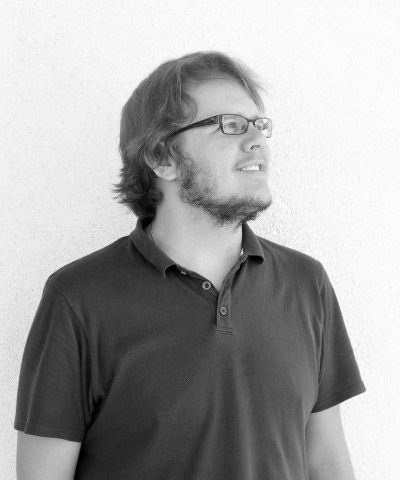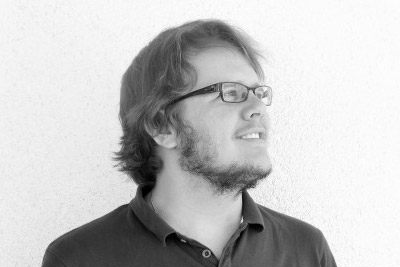PARI Nedbank fellow, Brandon Bodenstein, was awarded a master’s with distinction this June. His MA thesis is a revelatory treatment of what is meant by meaningful access to justice in the context of Legal Aid South Africa in the Johannesburg District Courts.
In Search of Advice: (re)defining meaningful access to justice in the district courts of Johannesburg
[nectar_dropcap color=”#27ccc0″]T[/nectar_dropcap]he Constitution in the Bill of Rights explicitly states that “every accused person has the right to a fair trial, which includes the right to…a legal practitioner assigned to the accused person by the state and at state expense, if substantial injustice would otherwise result”.
However, a fair trial and the assumed access to justice it is supposed to provide, as stipulated by the state, remains unattainable to ordinary South African citizens. The archetypal depiction of dysfunctional court systems plagued by incompetency and corruption, over-worked state-funded lawyers, ineffective police service, slow administrators and lengthy delays in trials remain central to the discussions on access to justice.
To understand what meaningful access to justice entails this thesis offers an ethnographic account of the district courts in Johannesburg. These courts deal with criminal matters daily, with most of the cases involving impoverished people who rely heavily on the state-funded scheme of Legal Aid. By using ethnography, access to justice comes to life as more than a concept or ideal,
but finds expression in the daily activities of the courts.
Observing the courtroom
I stumbled into the foyer, through the glass door, streams of people and cigarette smoke swirling past the threshold. I found my balance and walked towards the metal detector. I wondered if it still worked, a second later the alarm was triggered, and the security personnel lazily escorted the culprit to the side, a short exchange and a gesture to a belt buckle, they seemed satisfied. I was next. Before I could even make it to the detector, I hear the booming voice of the guard “Where do you think you are going, mfana?” I nervously looked around and went into an elaborate discussion on who I was (a researcher), where I was heading (the court) and whom I had hoped to talk to (anybody willing to talk). The guard looked at me with indifference and croaked “You cannot go to court wearing shorts, go buy long pants and come back”. Confused for a moment, I looked around and saw that everybody, despite the sweltering heat of summer in the Johannesburg streets, was dressed in formal attire. I returned an hour later to face the detector and more importantly to spend my first day observing the courtroom.
The main objective of the thesis is to critically investigate how legal aid provision allows for a degree of access to justice for the poor. Legal Aid lawyers provide free legal advice to those who cannot afford private representation. Open access to counsel and representation for the poor is often equated with access to justice. However, those relying on legal aid often need additional support beyond legal advice and are at a disadvantage in the courtroom.
Concerned with how to provide equitable access to justice and to understand how the poor come to experience the current access that the state affords, three comprehensive themes emerge: historical denial of access to justice, the client-attorney interactions and how these hinder and or assist access to justice, and how sharing advice in the courtroom may be a response to or symptom of inequitable access to justice.
The argument is that at the heart of equitable access to justice in the district courts is the interaction of legal aid attorneys and their clients; pushed together through historical forces and reliant on an interwoven network of advice sharing in the courts.



